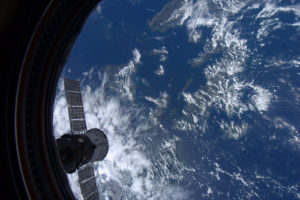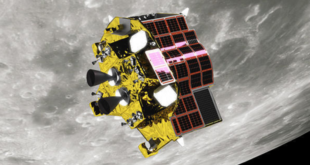
Legislators in the Philippines Congress have passed key legislation that will establish the Philippine Space Agency (PhilSA), placing the organisation in charge of developing, running, and promoting the Southeast Asian country’s national space programme.
On 4 December 2018, the House of Representatives approved House Bill (HB) 8541 on its third and final reading with a vote of 207-0-0. Its Senate version has passed the committee level.
Under HB 8541 legislation, the PhilSA would become the central government agency overseeing all national issues and activities related to “space science and technology application,” which the Bill defines as the “scientific principles and their applications to space science, engineering, and other allied fields.”
Once formally established, the PhilSA will be an agency operating at the direction of the Department of Science and Technology (DOST).
The HB 8541 Bill also provides a space policy framework that rests on six key development areas: national security and development; hazard management and climate studies; space research and development; space industry capacity building; space education and awareness; and international cooperation.
Several Filipino agencies are currently handling functions that are usually done by space agencies, such as disaster management through the National Disaster Risk Reduction and Management Council, astronomical science through the Philippine Atmospheric, Geophysical, and Astronomical Services Administration, and mapping and geospatial information through the National Mapping and Resource Information Agency.
To date the National SPACE Development Programme is handling the “frameworks and foundations” for the proposed Philippine space agency. The programme is funded by DOST and supervised by the DOST-Philippine Council for Industry and Emerging Technology Research and Development.
The lack of a formal space agency has not stopped the Philippines from developing the technical expertise and capacity building required for running a modern space programme, with the Philippine Scientific Earth Observation Microsatellite currently being cooperatively built by the University of the Philippines Diliman, the DOST-Advanced Science and Technology Institute, and Hokkaido and Tohoku Universities in Japan.
In October 2018, the second Philippine-made remote sensing microsatellite, Diwata-2, was launched into orbit from Japan’s Tanegashima Space Centre. Diwata-2 is capable of capturing images of Earth for environmental assessment and will help monitor the extent of damage from natural disasters.





